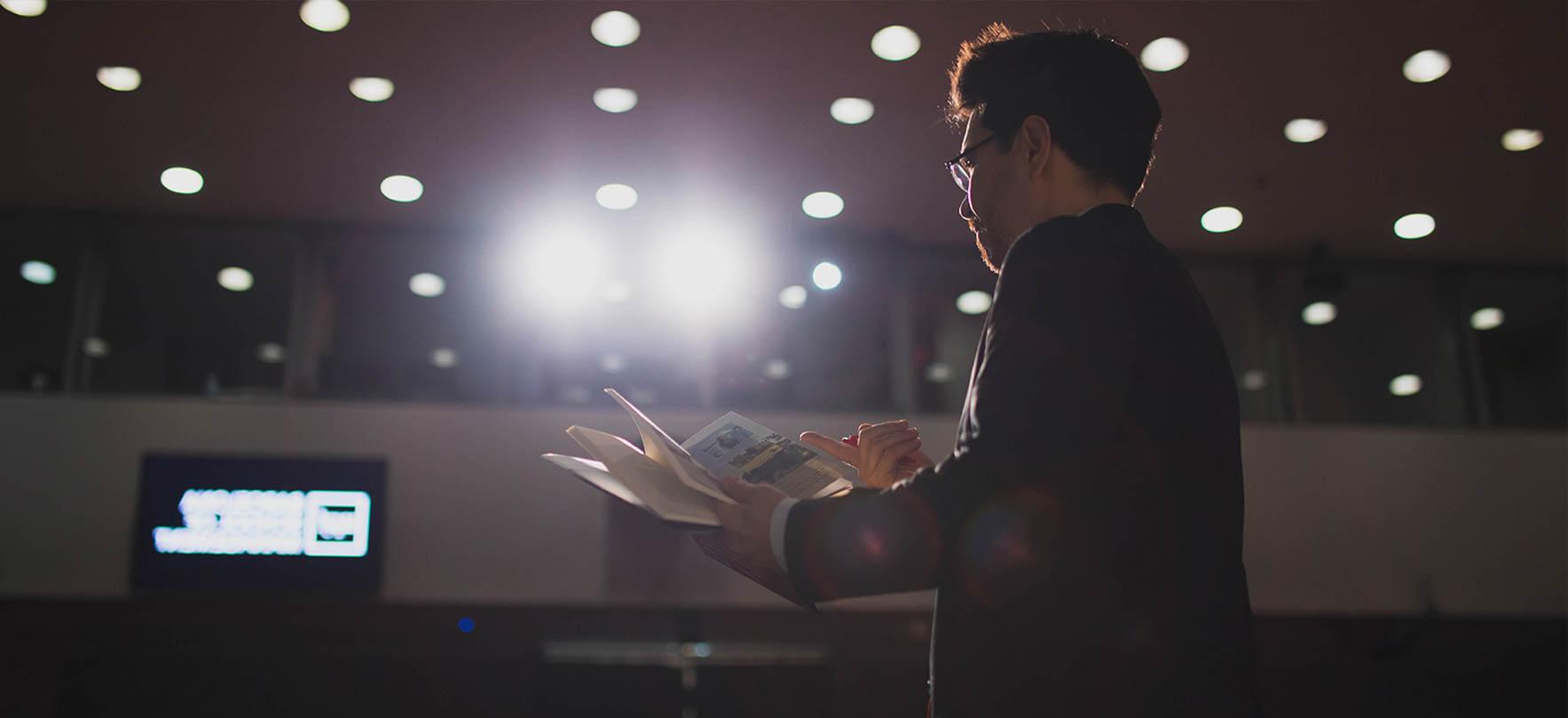
- About UPF-BSM
- Programs
- Faculty and research
- Companies and Organizations
- News & Events
Write your own literary work with the Lifelong learning master's degree in Literary Creation, a program for international students. You will enhance your creative writing and master the rhetoric of the language from the hand of renowned writers, who are the teachers of this literature course. You will learn to judge your own works, as well as those of other classical and contemporary authors.
On the Lifelong learning master's degree in Literary Creation you will perfect your writing, develop your creative capacity, and discover the most effective channels to guarantee the publication of a work.
Taught by prestigious writers such as Samanta Schweblin, Mónica Ojeda, Mathias Enard, Eloy Fernández Porta, Valerie Miles, Andrés Neuman and Juan Pablo Villalobos. Throughout this course, you will develop technical and artistic skills so that your literary creations reflect your full potential. Through the analysis of the main literary genres and subgenres, you will acquire the critical thinking necessary to improve your writing and you will become the creator of an original literary work with the possibility of being part of the publishing industry.
You will learn about the Spanish and Latin American publishing scene, to understand where to direct your own literary proposals.
The Lifelong learning master's degree in Literary Creation, lifelong learning program, is endorsed by Pompeu Fabra University, the 1st Spanish university and the 15th best university in the world (of those with less than 50 years), according to the Times Higher Education ranking. In addition, UPF Barcelona School of Management has EQUIS accreditation, the most prestigious institutional recognition for business schools globally. The program has been featured on several occasions as one of the best humanities programs in Spain in El Mundo’s ranking.
Collaborators:
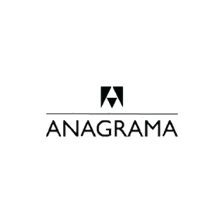
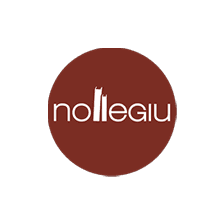
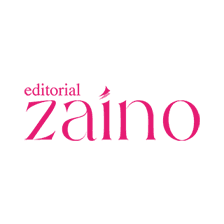

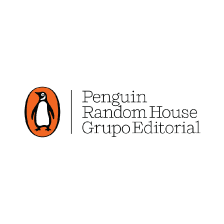
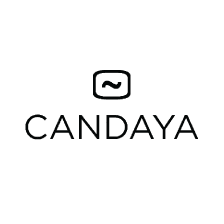
Why choose this program
Learn with the help of great writers
You will be trained by highly experienced teachers made up of renowned storytellers, poets, translators, journalists, novelists, and literary critics, several of whom have been awarded prestigious prizes.
Get involved in the publishing sector
The master has links with various publishers, such as Candaya and Galaxia Guteberg, among others, and maintains a fluid relationship with literary agencies and imprints of the Planeta and Penguin Random House groups.
Write your own novel in the Master's Final Project
The Master's Final Project consists of writing a book of the literary genre that you decide upon: novel, poetry, essay, etc. where you can enhance your creative talent and written expression.
Join the community of writers
You will be part of a community of dialogue where each development shares comments on texts and readings in a stimulating way. You will create a group of university alumni that will remain active beyond the course.
Discover new ways to narrate
In addition to delving into the characteristics of each of the literary genres, you will learn the new forms and areas of current literature and the keys to transmedia and the digital field.
International recognition
Study at a school accredited by EQUIS, an international distinction that guarantees the quality of our institution and makes us the 1st school of management linked to a public university with this accreditation in our country.
Who is it for?
The Master in Literary Creation is aimed at graduates in any field who have a passion for literature and writing, feel it as their vocation, and want to learn to use the power of the word.
Curriculum
The curriculum of the Lifelong learning master's degree in Literary Creation is structured into 3 topics with their respective subjects so that students develop their creativity and explore the different literary genres, as well as various techniques to be able to write texts in each one of them. At the end of the master's degree, all students must complete a Master's Final Project that consists of writing a book.
Introduction to the history of literary creation through great works and authors that have shaped the western tradition. From the Middle Ages to Modernity, canonical and fundamental texts in the various genres will be analysed, pointing out the reasons for their historical relevance, their aesthetic excellence and their semantic richness, as well as their influence on the course of history and the practical value that they may have for those who want to dedicate themselves to literature today.
Historical and practical journey through the world of publishing, with the aim of understanding the complexity of the artisanal, industrial, journalistic, technological, and academic system in which texts circulate.
Introduction to creative writing, with the aim of theoretically and conceptually delving into the problems of writing.
All text is based on a structure, an architecture and an engineering. Universal plots, popular narrative structures, and their respective types of protagonist or heroes will be addressed, along with the planning of short and long texts.
Postmodernism has created its own literary forms and has explored its own themes, in keeping with the society, technology, and science of our time. A writer in the 21st century must know both the tradition and classical forms and the trends of postmodern and digital literature.
A theoretical reflection and a practical work on non-fiction literature are proposed, favouring the debate in class and the development of a critical stance regarding genre and its limits. Special attention will be paid to journalism. Other genres such as interviews, memoirs, and essays will also be addressed.
The documentary panorama of the turn of the century will be addressed and some of its protagonists will be given a voice.
The novel and its construction as a genre, its structure, and the elements that make it up (rhythm, tone, narrative tension, type of characters, type of narrators, etc.) as well as its transition from modernity to postmodernity will be reviewed.
This will address the romantic structures in all their complexity. And it will analyse the different ways in which it is possible to construct climactic scenes, epiphanies, plot twists, and memorable endings.
Here we will work around the main approaches that have nurtured the tradition of the contemporary short story. We will review the history and tradition of the short story, which is embedded in the orality of cultures, and we will review the theoretical reflections that different authors have raised about the art of the short story, especially in the 20th century.
Creation seminars with invited authors, which will address various specific aspects of the theory and practice of the story: its relationship with contemporary art, its North American tradition, its form, materiality, and speed. Includes colloquia on the work of the authors themselves.
Description and study of the formal, imaginary, and thematic mechanisms of poetry and, at the same time, the development of the capacity for analysis and judgment of poems from different periods, with special attention to contemporary poetry. The notion of form, the operation of figuration in language, the construction of the poetic voice, the use of symbols and the limits of poetic diction will be studied.
Offers a set of literary resources and textual modalities appropriate to the present conditions, while exploiting the creative possibilities of disciplines of knowledge such as the sociology of emotions, cultural criticism, or genre theory.
Deals with the Master's Final Project, its difficulties, its solutions. The student will work with the creative process from its origin to its culmination, with an emphasis on experiences of writing great works of universal literature and on how to structure complex literary projects. There will also be space for the description of the cultural field and the publishing world, with direct dialogue with former students, editors and agents.
The different narrative languages of our time will be explored, as well as their relationship with the different publishing and content platforms.
This will consist of the writing of a work of an approximate length of between 50 and 75 pages. It will be divided into two parts: the first, which can be brief as a prologue and will contain a reasoned justification of the project presented in the second part. This will consist of an original and unpublished literary text, in Spanish or Catalan, of any of the main genres of current literature. The projects will be evaluated by a panel.
Note on the Curriculum
Complementary activities
The Master in Literary Creation also includes the possibility of participating in practical activities and activities for personal and professional growth such as:
- UPF-BSM Inside: is a group of interdisciplinary subjects (applied data, communication, creativity, innovation and project management, sustainability and leadership among others) that, if you take this program, you can access at no additional cost. They are 100% online and you can take them throughout the academic year at your own pace, as they have been designed as self-study subjects.
Qualification obtained
Once you have passed the program, you will receive the following electronic degree certification (eTítulo©): Lifelong learning master's degree in Literary Creation, awarded by Pompeu Fabra University. The eTítulo© will be issued in Catalan, Spanish and English.
The electronic degree certification (eTítulo© ) is an authentic digital degree, issued in pdf format and electronically signed, with the same legal validity as if it were in paper format.
Faculty
The teaching team for the master's is made up of renowned storytellers, poets, translators, journalists, novelists, and literary critics, several of them winners of prestigious awards. You will learn and be inspired with the help of distinguished writers.
Academic directors
Faculty
Collaborating faculty
- Robert Juan Cantavella
- Writer, journalist and translator.
He has published five novels and the non-fiction book La Realidad. Crónicas canallas.
He was head of the editorial department at Lateral magazine. - Martín Caparrós
Writer and journalist.
Planeta Argentina Prize, Herralde Novel Prize and Maria Moors Cabot Prize.
Lecturer at the Gabriel García Márquez Foundation for New Latin American Journalism. - Mathias Enard
Writer.
Goncourt Prize, Leipzig Prize, Gregor von Rezzori Prize and shortlisted for the Man Booker prize for the novel Compass. - Leila Guerriero
Writer, journalist and member of the Board of Trustees of the Gabo Foundation. - Eloy Fernández Porta
Writer and cultural critic.
Doctor of Humanities, Pompeu Fabra University. Lecturer on the Global Studies program.
Anagrama Essay Prize and Ciudad de Barcelona Prize. - Rodrigo Fresán
Writer and journalist. Roger Caillois Award. - Alicia Kopf
Writer and artist. - Valerie Miles
Writer, publisher and journalist.
Founder of Granta en Español magazine.
She publishes in The New York Times and The New Yorker. - Andrés Neuman
Writer. Alfaguara Award. - Monica Ojeda
Writer and former student of the Master in Literary Creation. - Silvia Sesé
Editorial Director of Anagrama. - Samanta Schweblin
José Donoso Award and National Book Award. - José Miguel Tomasena
PhD in Communication Sciences by UPF and writer. - Juan Pablo Villalobos Alva
Writer and translator.
Herralde Novel Prize for No voy a pedirle a nadie que me crea.
His books have been translated into fifteen languages. - Gabriela Wiener
Writer and journalist.
Methodology
The course combines master classes, literary theory, commentary on literary texts, conversations with creators about their work, tutorials on the students' own works in progress, participation in cultural activities, debates on their own projects, and workshops on chronicles and stories also written by the students.
Fully practical subjects
The master's subjects are eminently practical and involve the completion of exercises, and participation and writing by the student.
Participation in seminars and events
Seminars will be held with small groups and individualized tutorials. The practicum will also involve participation in various events that will be specified in due course.
A cross-sectional, theoretical, and practical method
The Master guarantees that the student accesses the creative processes of some of the great writers of our time and delves into their own creative writing.
An immersive experience in literary Barcelona
The Master allows the student to feel part of the network of bookstores, libraries, cultural centres and publishing houses in the city of Barcelona.
Evaluation
The evaluation is carried out through a continuous monitoring of the progress of the students using a variety of means regarding the activities carried out and participation in the classroom. The continuous evaluation ensures an equitable distribution of effort and a progressive acquisition of knowledge. Experiential subjects are assessed based on attendance, input, and classroom learning.
The student will carry out work in all the subjects, which will be duly corrected by their teachers. They will carry out assessments of student input in class, particularly of case discussions and exercises. In addition to the exercises in each subject, the main element for the evaluation of the students will be the presentation of the Master's Final Project.
Tools
The On-Campus&Live methodology allows you to follow the program in person and also remotely.
In this modality, two stable subgroups are opened that will coexist throughout the course: one face-to-face and the other with 100% remote students. The remote students (a maximum of 15 places per course) will follow the program in a synchronous way with the face-to-face students. That is, they will share the same school calendar and schedule as the face-to-face students.
Project-oriented learning and the combination of lectures and active methodologies such as case studies, flipped learning, solving real problems, and professional simulations allow the student to connect theory and practice, acquire advanced skills, and achieve learning which is transferable to the job. The face-to-face modality is enriched with elements of online programs (virtual learning environment, multimedia resources, among others) so that the learning experience of the two subgroups is equally satisfactory.
You will have:
- Master's or postgraduate work to learn by doing
- A personal mentor to monitor your Master's Final Project or Postgraduate Final Project
- Digital resources to achieve transversal skills
- Interdisciplinary activities and workshops
- Digital resources and audiovisual blocks for online learning
- Active methodologies for transferable learning
Professional Future
The master's degree brings together students from all over the world, coming from various areas of Communication and other academic and business areas; this contributes to creating a multidisciplinary and collaborative spirit, enriching for everyone. After completing the master's degree, each student will be prepared for the craft of writing.
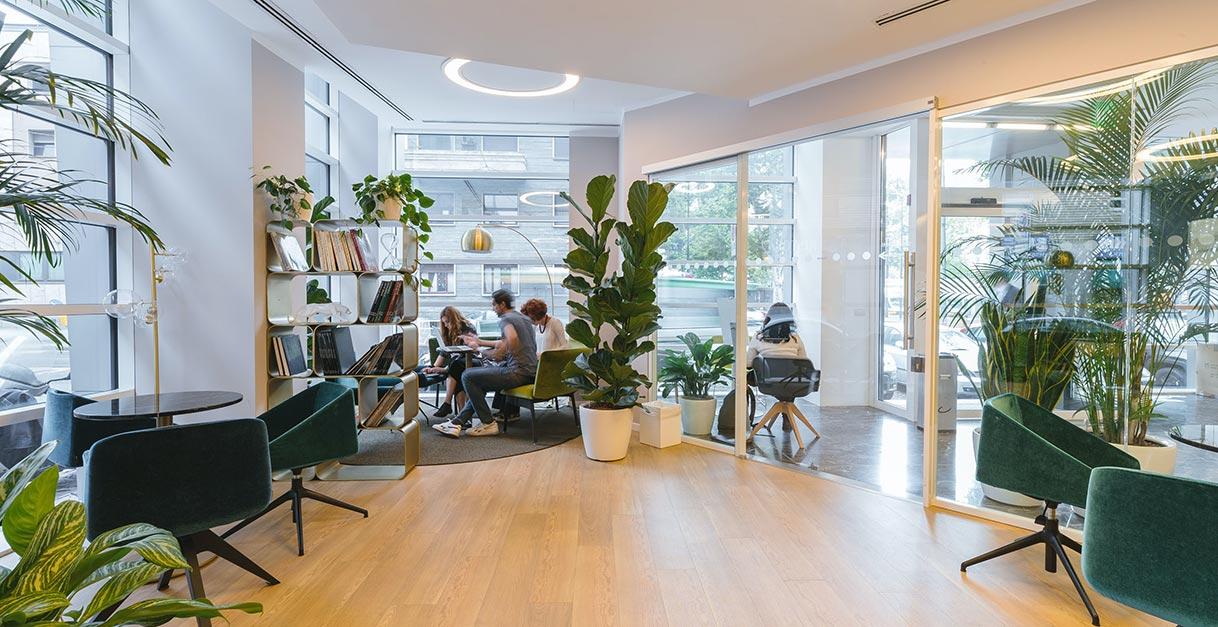
Student profile
The students of the Master in Literary Creation have as a common denominator their passion for writing and the literary world, and they take the master with the aim of developing their creativity and turning their passion into their profession. They come from different parts of the world, mainly from Latin America. The disciplines they have studied are very heterogeneous but the most notable are: Communication, Language and Literature, and Journalism and Translation.
Average age
International students
Previous studies in Communication and Journalism
Previous studies in Law
Previous studies in Language and Literature
Career opportunities
The Master in Literary Creation is designed to be inspiring, for students to develop their creativity and write, exploring different techniques and literary genres. At the end of the master, all students will have written a book, in the literary genre they have chosen.
